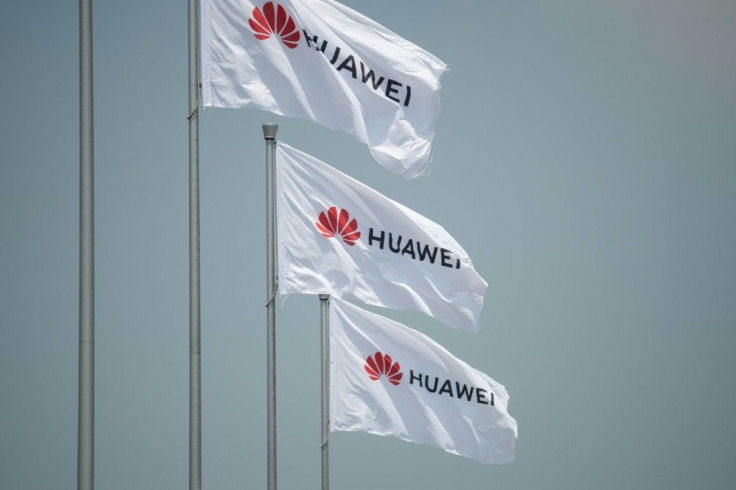Huawei Founder Hints At Problems With Access To Western Finance

The founder of embattled tech giant Huawei said Thursday that the firm's financing from western banks was not "very smooth", but insisted the group would resume growth in 2022 despite biting US sanctions.
Amid a broad trade war with Beijing, Washington added the Chinese tech giant to a commerce department "blacklist" in May, imperilling the firm's access to critical US components and software.
Speaking at a panel discussion organised by the company at its headquarters in Shenzhen, southern China, CEO and founder Ren Zhengfei admitted the US sanctions had affected Huawei's financing.
"In the past we used to get financing from western banks, now the western bank financing pipeline has slowly been not so smooth," Ren said.
"So we've changed to trying domestic banks," he told the audience.
Huawei planned to raise up to 30 billion yuan ($4 billion) in its first domestic bond issues, Chinese business news magazine Caixin reported earlier this month.
Ren said Thursday he was not sure of the precise figure.
The tech giant is the world leader in high-speed 5G mobile communications equipment and a top smartphone producer.
The firm is ramping up production of its 5G base stations, Ren said.
"A large number of western companies have already received our products that don't have US components in them," Ren told academics and reporters at the forum, saying he believed customers had faith in Huawei as a supplier.
Ren said operations remained at full-throttle, but added "there will be no huge increase" in business next year.
"By the end of next year people will see and believe that Huawei truly has survived," he said.
"In 2022 and after everyone will see Huawei has resumed growth, they've resolved the difficulties and started to grow," said Ren.
Huawei's sales unexpectedly rose in the first half of 2019, the company said in July.
The once media-shy tycoon has become more open as Huawei fights for its future.
The US has expressed fears that Huawei equipment could contain security loopholes that allow China to spy on global communications traffic.
The company has repeatedly denied the US accusations.
Ren on Thursday dangled the prospect of licensing all of Huawei's 5G intellectual property to a western telecom firm -- in effect creating a potentially dangerous rival.
He said he preferred to license to a single American firm -- in part because the US needed the most help in developing 5G technologies. Huawei would profit from licensing fees, he added.
Asked about the hit to Huawei's business this year, Ren said he reckoned Washington's sanctions would knock about $10 billion off revenue.
Last year the company crossed $100 billion in annual revenue for the first time.
The firm also faces a tough battle to maintain smartphone market share outside China.
Its new models -- like its recently-launched Mate 30 -- lack the Google Play Store, which provides access to hundreds of thousands of third-party apps and games as well as films, books and music.
Users will also be unable to download popular apps such as Google Maps and Youtube.
© Copyright AFP 2024. All rights reserved.





















